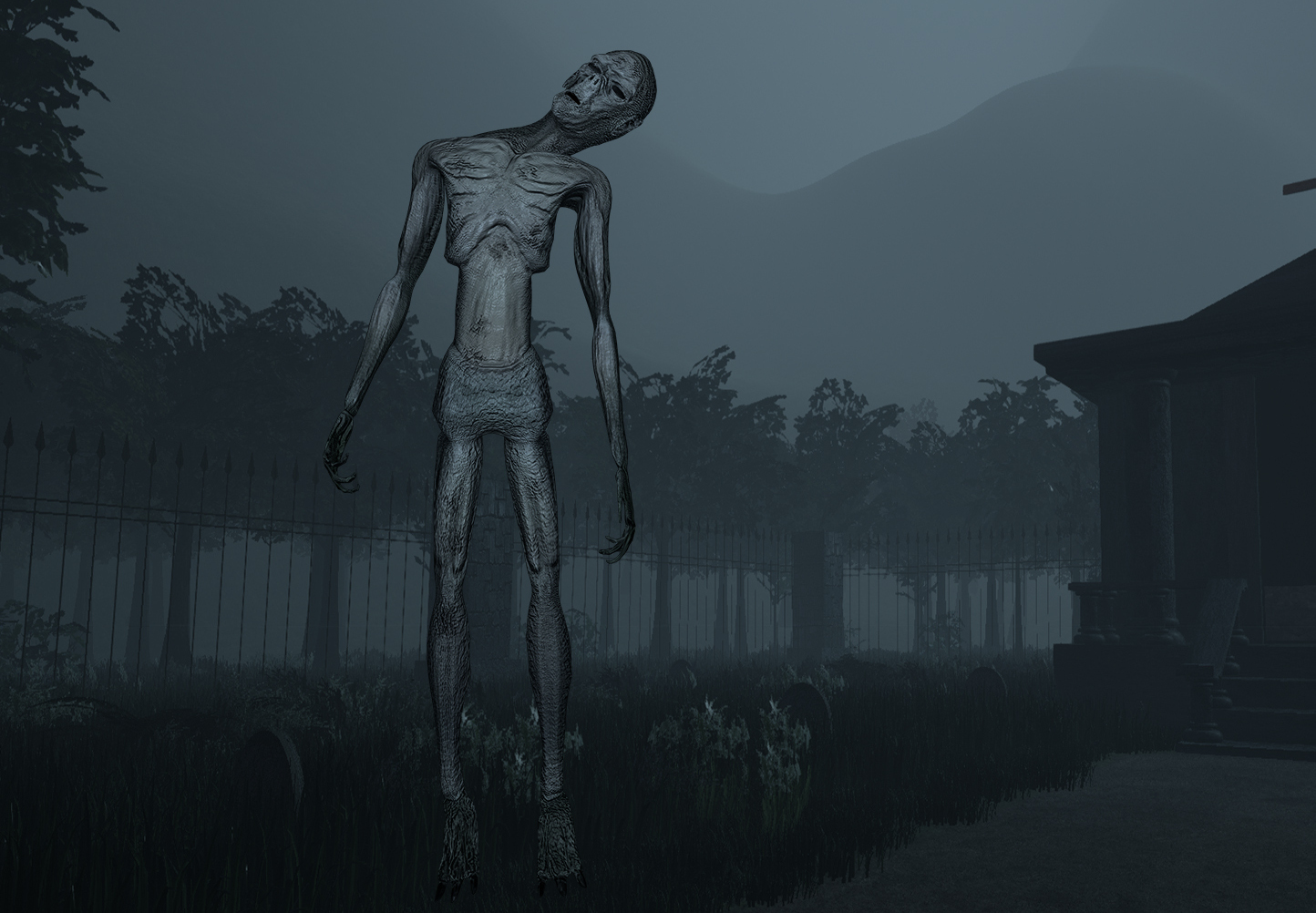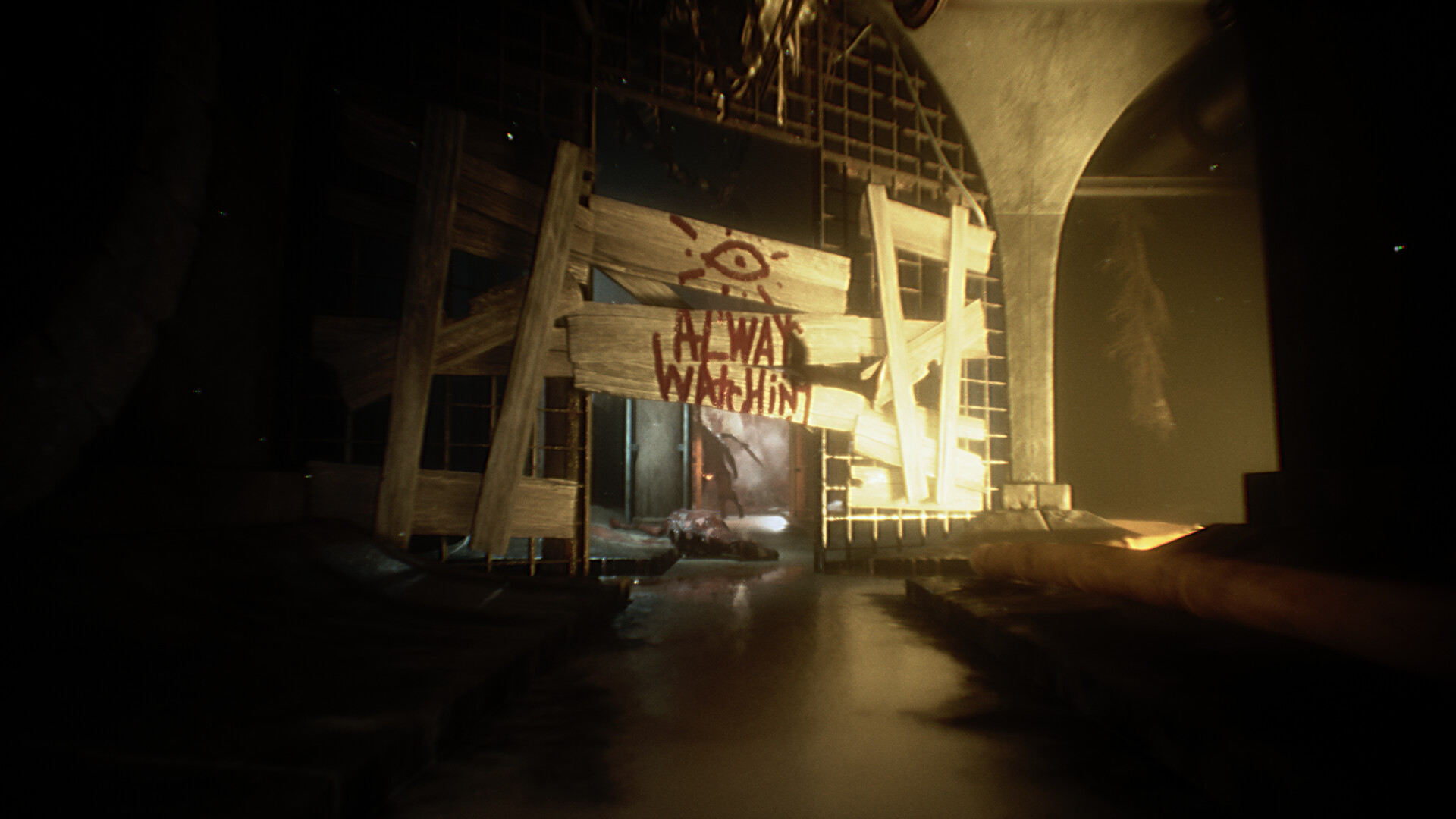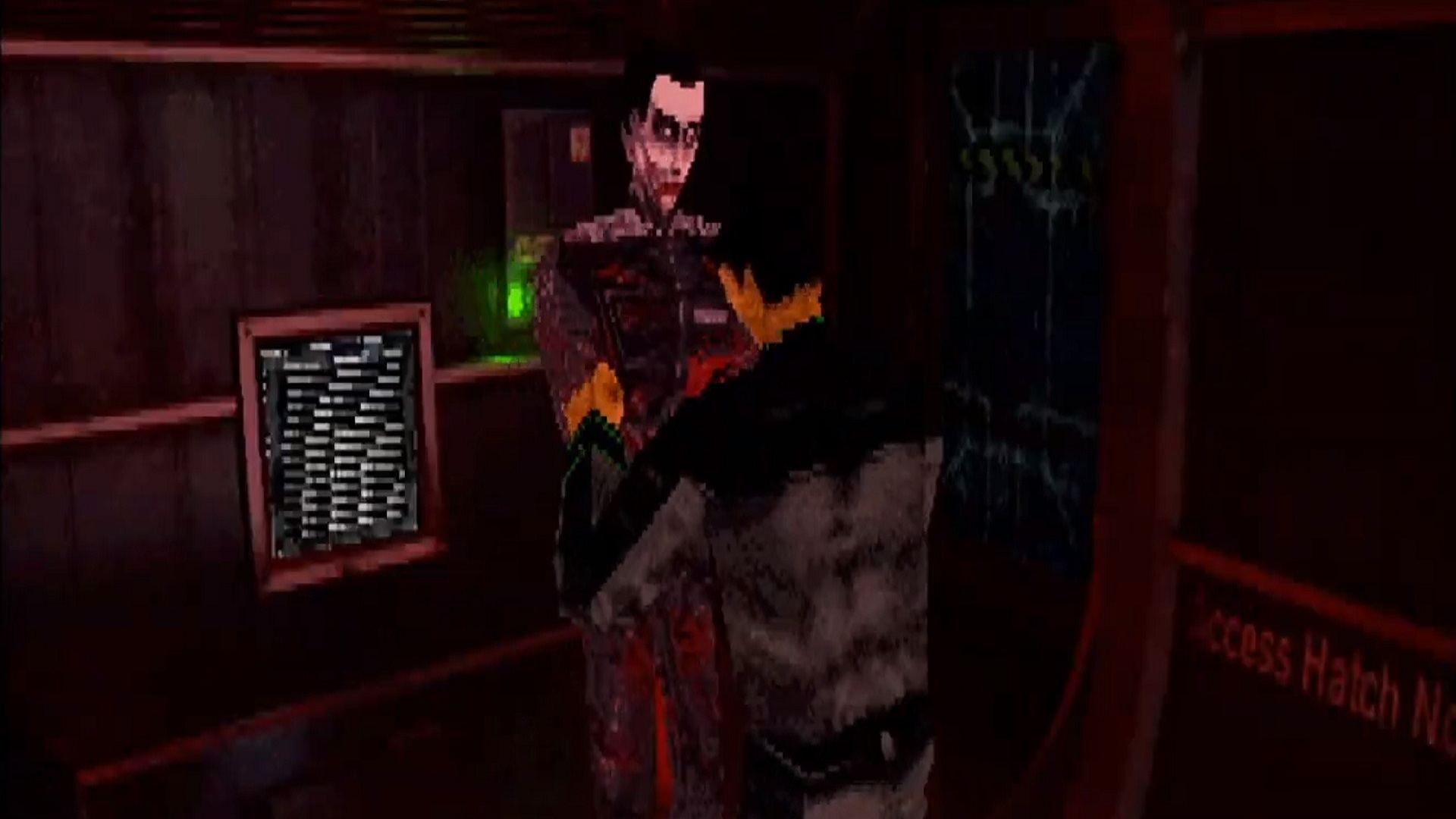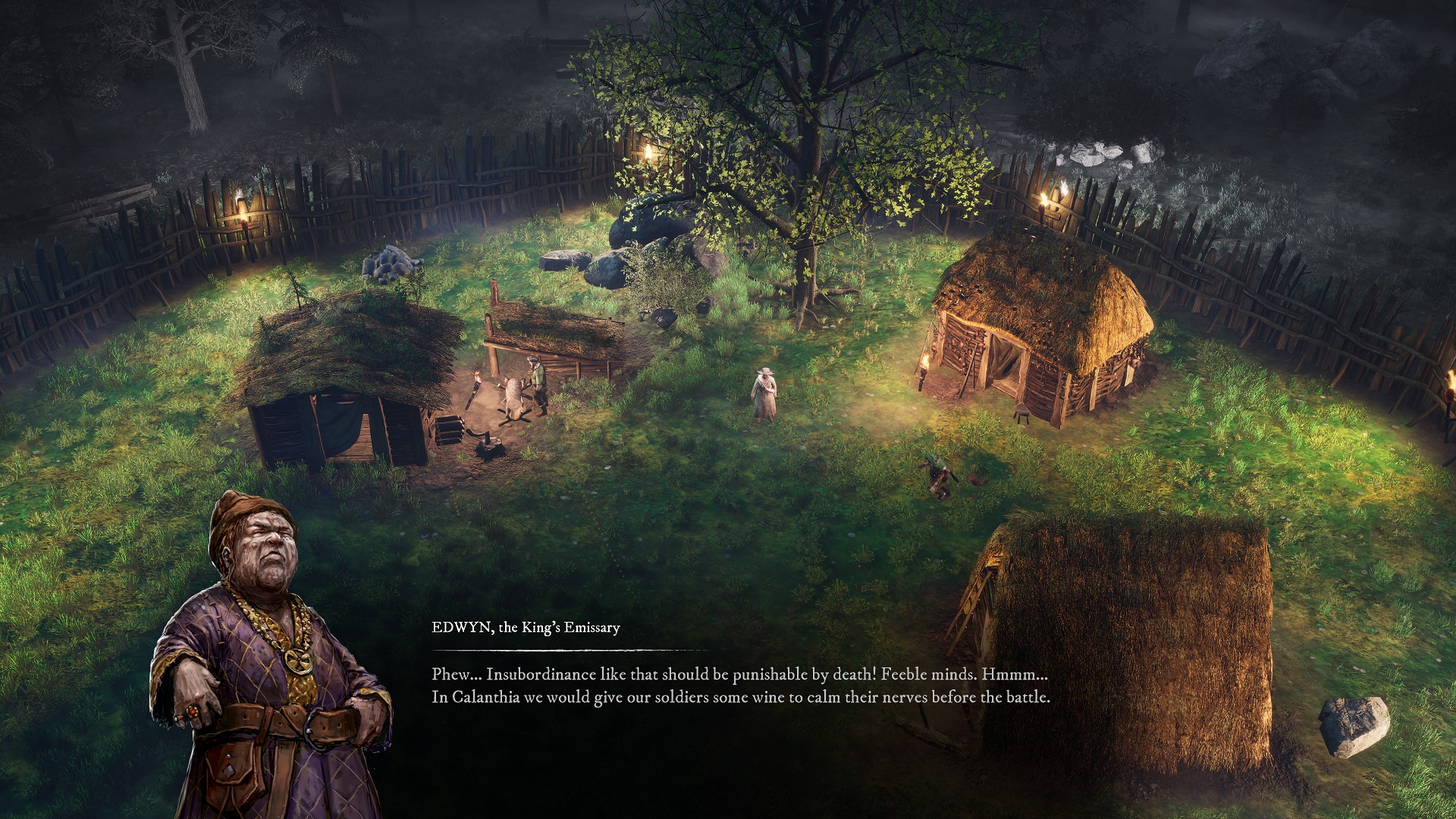
HISPANICS IN GAMES – Indigenous horror with Waraní Studios
Another week has come along, and with it, the wonderful promise of another Hispanics in Games piece for you lovelies. After setting up the context in our last outing, where we talk about how Paraguayan dictator Gen. Alfredo Stroessner cultivated a home-grown industry of bootleg game consoles in the 80s, today we’re interviewing Waraní Studios. Developers of Malavisión: The Origin, and organizers of one of Paraguay’s premiere educational institutions in game development, they are at the forefront of the industry here in Paraguay. However, it’s a challenge that has little in common with what one would consider a “traditional path to become a professional game developer”. Below, you can find out more about dealing with Playstation when they don’t know how taxes work in your country, making games for a worldwide audience, and more pearls of South American wisdom. Enjoy!
Dread XP: Can you please introduce yourselves, the studio, and the kind of games that you make?
Waraní Studios: Hi all! We are Waraní Studios, a GameDev studio from Paraguay. We founded the studio in 2015 by the hand of Ismael Pozzo and Eduardo Benitez and from that moment we have not stopped until today. We have started from scratch with a huge project: Guerra del Chaco, a bellicose shooter that narrates the events that occurred in the years 1932-1935 in the war that involved Paraguay and Bolivia. We had our first appearance at a massive Competitive Gaming event called Next Gen Py where more than 200 people were able to try our demo for the first time, but very soon we realized that our knowledge was very basic, that it could not cover the entire project we had. in mind. That is how we decided to create a smaller project, a game that catapulted us to all the countries of the world and with which we began to become known.
Today we are working on high quality videogames for consoles and PC. We are a team of 5 people working full time. We develop horror games, fps, racing, strategy, rpg, ETC.
DXP: You’re known for creating games around Paraguayan history and folklore. What drives your desire to create narratives around these topics?
WS: We believe that the culture of Paraguay has that magic, almost mystical that attracts people. Rich in content so lush and exotic that people who play our games love it.
The driving force behind this idea may be that desire to be able to translate our art, our wishes and dreams into a unique and unrepeatable experience.
It is a way of being able to export culture to the whole world, but beyond that, it is being able to empathize with the player, creating experiences that can not only be felt personally but also socially.
Talking about topics such as political corruption, racism, discrimination and mistreatment of women, creating awareness about this problem, we imply how committed we are to the player.
We are currently looking something more universal rather than local perspectives due to international experience and advice from various publishers, so it’s likely that more and more we will be creating more mainstream than regional games.
DXP: What are some of the general challenges faced by developers who aim to make games in countries such as Paraguay?
WS: Mainly the almost zero support of the state for development teams. This lack of support is reflected in the collection of taxes for foreign invoicing, in the null actions for monitoring gaming in Paraguay and by the incipient video game industry. In addition, when a team wants to resort to public ministries, they almost never can access a public fund due to the fear they still have of video games.
Even so, there is support from different NGOs and from the Inter-American Development Bank (IDB), which together with IGDA Paraguay supports developers with passes to the GDC, GamesCon, Big Festival, EVA among others. This added to the few teaching spaces regarding video games. From Warani Studios we are beginning to teach game development to those who want to venture into this industry, with a course called: UnrealMax.







DXP: Have you encountered any differential treatment because of where you’re from? What is it like for a Paraguayan developer to deal with, say, Playstation?
WS: The truth was that it was very difficult. For a team so small and from a very little known country like ours, reaching consoles or even Steam was a titanic job. When we decided to contact Playstation we encountered several problems, the first of which was that Paraguay was not even on the Playstation map, therefore we could not send the acceptance form for our game, we had to lie and say that we lived in Argentina to be able to do it.
When Sony answered us, they asked us for the Single Tax Registry (AFIP in Argentina), we told them that we did not have that, that the only thing we had was the Single Tax Registry (RUC in Paraguay), they began to doubt us a bit until we had to explain everything to them.
It was a very good experience because through this contact with Playstation the name of our studio became known and so we arrived in Los Angeles nominated for the final of the Indie Prize USA 2019.
DXP: Your games made a big impact in surprising markets such as Asia. What do you think are the key factors which allow games to cross over into such a different demographic?
WS: From our perspective at Warani Studios we believe that video games should be more than just entertainment.
Videogames should be that unique and personal experience that transcends just a mere entertainment. From our perspective this is achieved by creating a connection with the player, with daily experiences, with things that the player experiences every day in their real life.
When a video game deals with things that the player identifies as his own, it is achieved that every person in the world understands your video game.
DXP: Have you had any encounters or interactions with your “gaming heroes”? If so, can you share a cool story?
WS: Yes! Once as a team we met the producer of Red Barrels (Outlast, Outlast 2, Outlast Trials) and we were able to show him our video game and he was even able to test it a bit, when he gave us his feedback he told us that he noticed the inspiration we had regarding his works and we all laughed a lot. To this day we maintain contact and we have a very good relationship.
For us Red Barrels is the inspiration to develop horror video games.






DXP: What is the current state of education and government assistance in Paraguay for people looking at taking up video game development as a career?
WS: The spaces we dedicate to education regarding video games is beginning to take shape slowly in Paraguay. Since 2017 we have started the Unreal Max course with a space at the Intercontinental Technological University (UTIC) where we had almost 100 students, it was the first approach towards an education in video games in Paraguay, due to the success we decided to take a step further and rent a small space to give face-to-face classes by ourselves, where we had classes on the basic aspects to be able to develop an Unreal Engine 4 video game.
Soon, more and more universities were joining, the Autonomous University of Asuncion, The National University of Asuncion, University Columbia among others. Right now we are working with a distance course and we are starting the intermediate GameDev course. In addition, IGDA Paraguay also launched the GameDev courses that are increasingly gaining ground in Paraguay.
DXP: What advice do you have for young, aspiring developers from a developing country?
WS: Don’t waste time thinking about whether or not you can do it, DO IT! Don’t worry if you start from the bottom, we’ve all done it and everyone will continue to do so. Life is one, make sure this is the best video game you play in your whole life. You are the protagonist of the best adventure. Educate yourself and do not tire of learning, but most importantly, HAVE FUN doing what you like
DXP: What are you working on right now, that you’d like to share a bit more about? Any and all info is good.
WS: For now we have launched our website, mainly to have a greater international visualization. We are preparing to deliver some very good news these days, we cannot reveal much but we can assure that it is HUGE! We then ask that you be very attentive to our social networks to find out what is coming.




